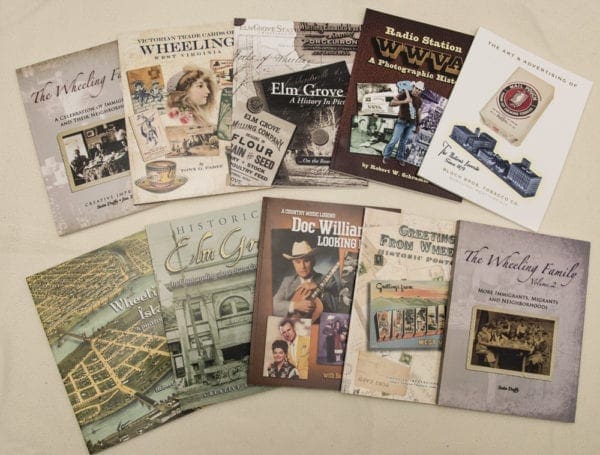When I grew up, I didn’t know what the Housing Act of 1937 involved, but it was legislation that appropriated funding for public housing. I had friends and schoolmates that lived there, and to me, it was a great place that was humming with Wheeling life.
The Vineyard Hills was previously owned by the Diocese of Wheeling-Charleston and was a vineyard that produced the wine for Mass celebrations. Following are some photos from 1941 of the beginnings of the housing site. The hilltop was cleared in the late 1990s and early 2000s, and the area now features a neighborhood called Wheeling Heights.
Grow Ohio Valley, a non-profit organization involved with social farming and the distribution of healthy foods, operates two greenhouses and youth programs on the land where Lincoln Homes was located. Grow OV also operates the Public Market, a retail shop on the street level of the Robert C. Byrd Intermodal Transportation Center.
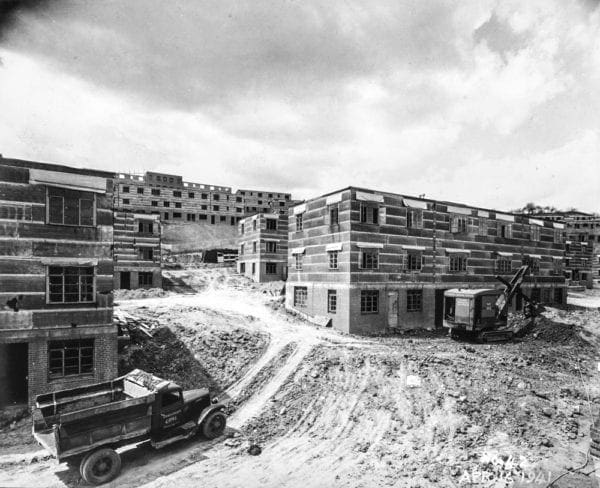
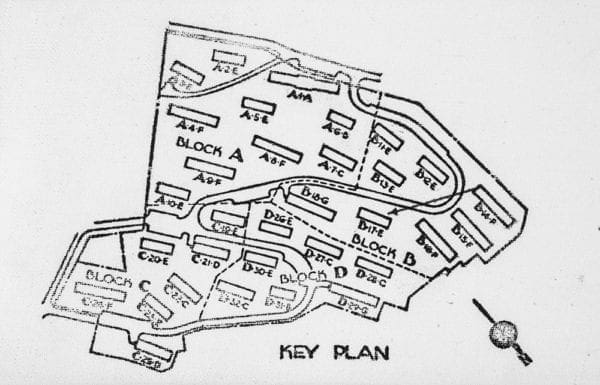
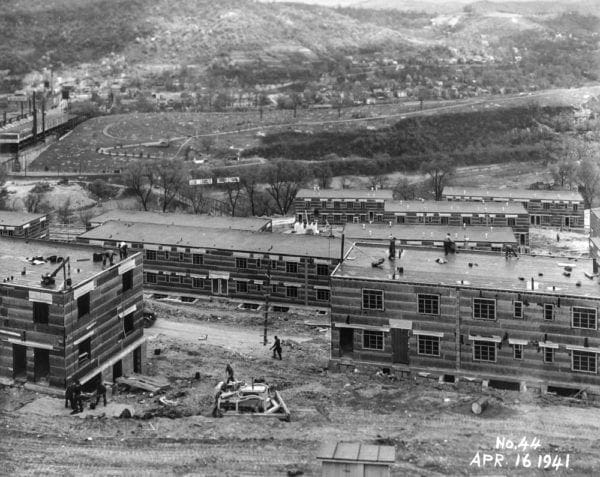
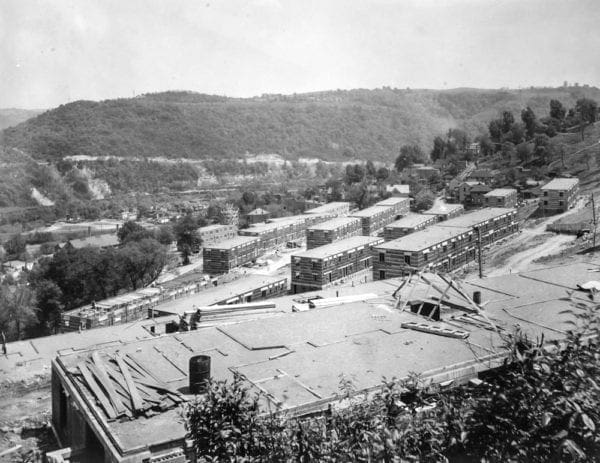
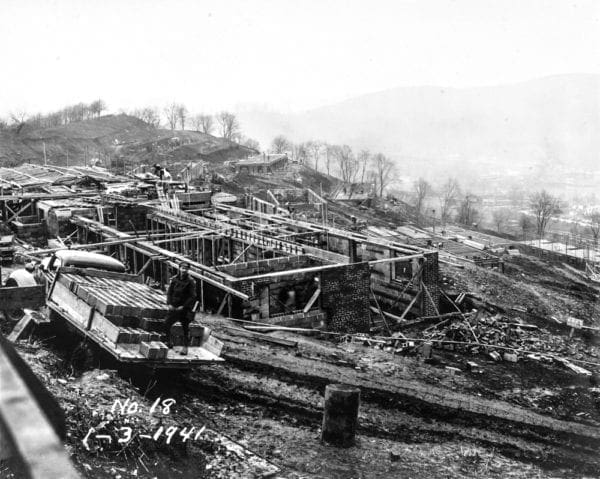

James Thornton has published several volumes of history on the city of Wheeling, and those interested in purchasing one of them can do so by contacting him at cre8m@comcast.net or visit the Creative Impressions website. The books can be purchased at the Wheeling Heritage Center, Kroger on Mount de Chantal Road, Miklas Meat Market, Nail City Records, the UPS Store in the Washington Avenue Plaza, VC Wares at Centre Market, Bower’s Decorating at The Highlands, and on the website www.wheelinghistory.net.ions website.
